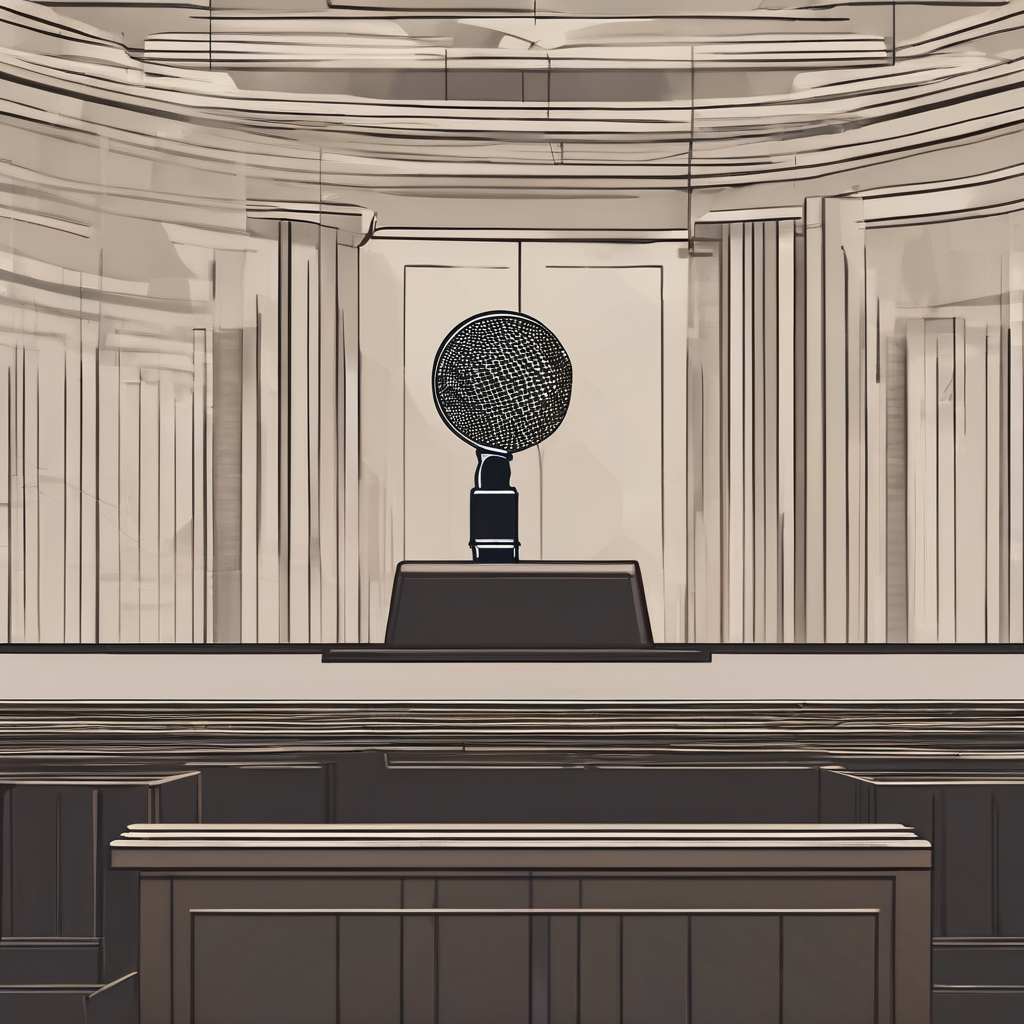Morgan Freeman is taking a strong stance against the unauthorized use of his voice through artificial intelligence, as he embarks on legal action against those replicating his distinctive tone without his consent. The 88-year-old actor, known for his rich and recognizable voice, expressed his frustration with AI voice cloning, calling it a form of “robbery.” In an interview with The Guardian, Freeman remarked, “I’m a little PO’d, you know. I’m like any other actor: Don’t mimic me with falseness. I don’t appreciate it, and I get paid for doing stuff like that, so if you’re gonna do it without me, you’re robbing me.”
Freeman disclosed that his legal team is actively addressing numerous cases of imitators who exploit his voice. He stated, “Well, I tell you, my lawyers have been very, very busy.” His concerns are representative of a growing anxiety among artists regarding the implications of AI technology and its potential to undermine their creative rights.
Furthermore, Freeman criticized Tilly Norwood, an AI-generated performer who recently sparked controversy after talent agencies considered her as a potential client. He stated, “Nobody likes her because she’s not real and that takes the part of a real person, so it’s not going to work out very well in the movies or in television.” This sentiment resonates with a broader debate within the entertainment industry concerning the capacity of AI to replace human performances, an issue echoed by many performers.
Freeman’s dedication to voice and articulation is rooted in his early training with tutor Robert Whitman during his college years. He emphasized the significance of distinct speech, advising, “If you’re going to speak, speak distinctly, hit your final consonants.” This commitment not only reflects his artistic sensitivity but also underscores the value of genuine human expression in an era increasingly threatened by technological imitations.
As discussions about AI’s impact on artistic integrity evolve, there is hope that concerted efforts will lead to enhanced protections for performers. This situation is part of a larger conversation about artistic rights, with similar concerns raised by other artists, including Celine Dion and Sir Paul McCartney, who have addressed the unauthorized use of their works through AI. As these debates continue, optimism remains that the industry can strike a balance that respects both technological advancements and the contributions of individual artists.
